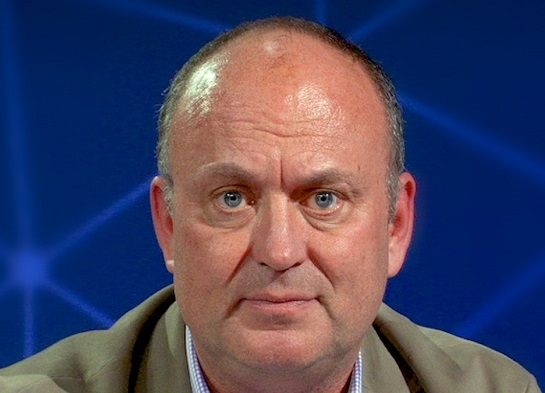Investment banks could sleep walk into oblivion

A Tabb Group report published this week makes for interesting reading as it highlighted the challenges currently faced by the world’s top investment banks and brokers.
The report by Tabb analyst Radi Khasawneh found the combination of weak markets and heavy regulation has focussed firms’ minds on short-term profitability and turned them off the kind of strategic projects that they need to be thinking about to secure their longer term profitability.
"As markets become increasingly order-driven and competitive, only those firms able to algorithmically automate cash trading while maintaining profitability will become market leaders.
"Specifically, these fixed income dealers need to invest to revamp, integrate and automate ahead of an accelerated change looming in market structure," added Khasawneh.
This is not an easy message for the banks but it is one that they must heed if they are to survive.
Khasawneh goes further in fact and identifies two key options for banks.
"Two separate camps have emerged among dealers, those who see the potential for fully electronic execution on order-driven markets and those that see a renewal of existing sales/ trading based on updated technology," the report said.
The possible bifurcation of the market will be fascinating to watch and it is anyone’s guess at this early stage who are going to be the winners and losers.
Banks may plead poverty and claim they simply can’t afford to invest in these kinds of strategic moves at this time (and some of them would be right) but for others there is a real opportunity here.
One thing we can be fairly confident about is US and European interest rates will start to rise again either later this year or early next and this will likely prompt a surge in activity from banks, brokers and prop traders, most of whom have spent much of the last few years twiddling their thumbs.
Interest rate moves will help those regions’ traders but also the exchanges, not least the main European short-term rates Liffe, which has taken advantage of the relatively slow trading this year to shift all of its contracts over to the technology platform support by the IntercontinentalExchange which bought Liffe late last year.
Some interest rate movement will help Liffe and start to payback some of the $8.2billion that ICE spent on Liffe.
Another certainty, unfortunately for the banks, is that tighter regulation of their activities is here to stay so any investments need to be made mindful of the regulatory reforms that are only now starting to take shape.
Particularly topical for brokers is the next round of the Markets in Financial Instruments Directive, a huge bill that covers many aspects of the ways that banks and brokers operate today.
Some traders have been reluctant to engage in the regulatory debate but it was welcoming this week to see ACI, the trade body that represents the foreign exchange community, calling on the Financial Stability Board to ensure global consistency in its implementation of new FX benchmarks.
ACI said: "Work currently taking place to further harmonise the various codes of conduct is very helpful in reducing the risk of ethical arbitrage, and in fostering a functioning market."
The notion of ethical arbitrage is a new one on me but I think ACI’s intentions are genuine. The banks they represent could do worse than taking a leaf out of its book and working to come to terms with the challenges they face.
Luke Jeffs
Editor, FOW
Found this useful?
Take a complimentary trial of the FOW Marketing Intelligence Platform – the comprehensive source of news and analysis across the buy- and sell- side.
Gain access to:
- A single source of in-depth news, insight and analysis across Asset Management, Securities Finance, Custody, Fund Services and Derivatives
- Our interactive database, optimized to enable you to summarise data and build graphs outlining market activity
- Exclusive whitepapers, supplements and industry analysis curated and published by Futures & Options World
- Breaking news, daily and weekly alerts on the markets most relevant to you



